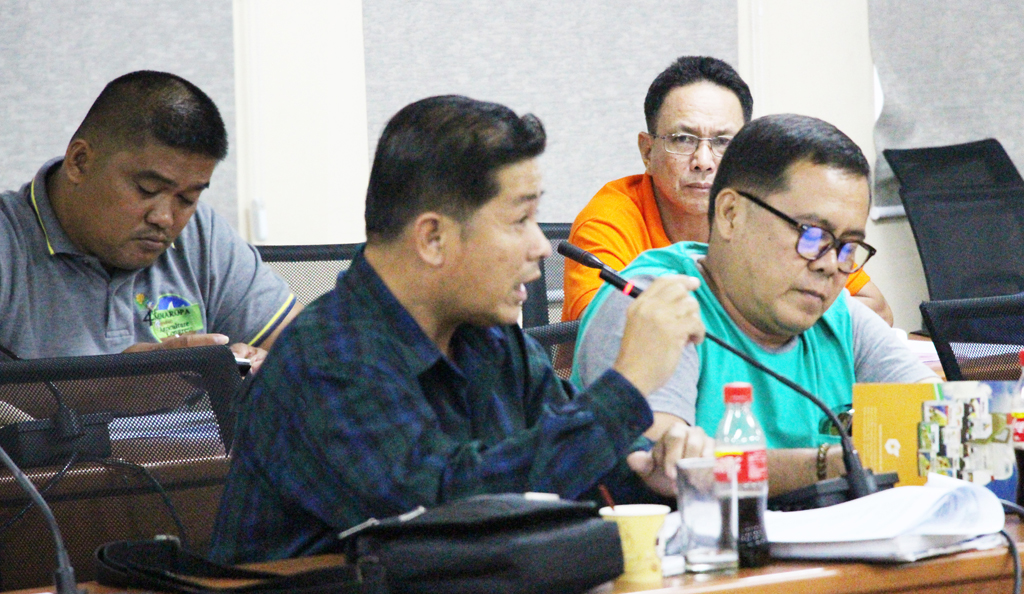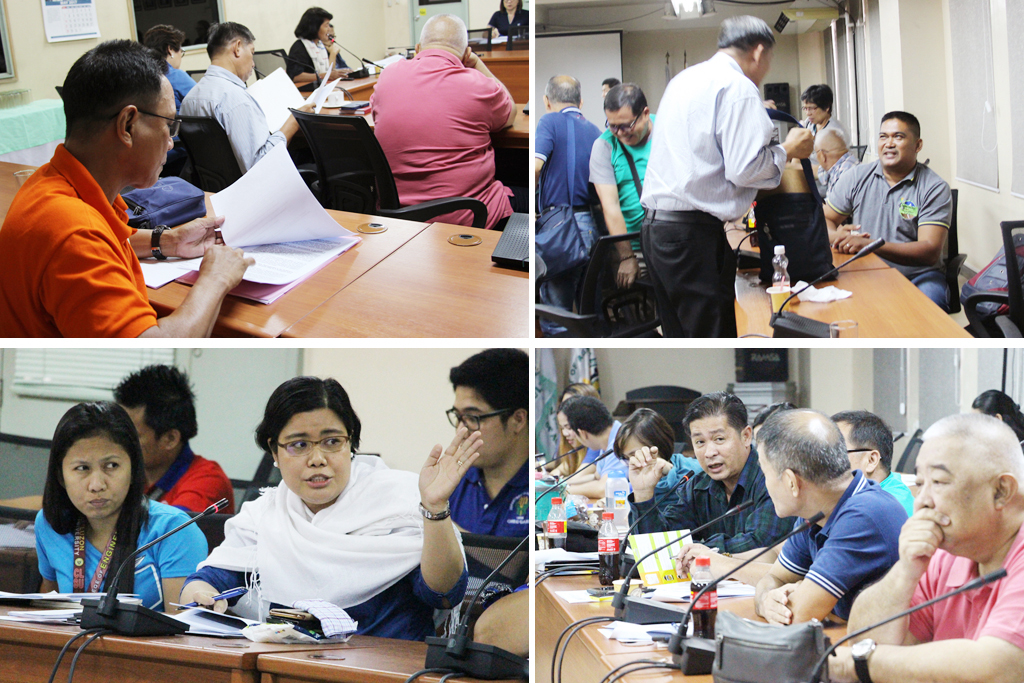
To ensure continuous development of sector-based consultations, Regional Agricultural and Fishery Council (RAFC) Sectoral Committee representatives joined the National Sectoral and Strategic Concerns Committee-Commercial Crops Committee (NSC-SCCs- ComCrops) in a meeting on May 3, 2017.
In the discussion presided by the Coffee and Cacao Industry Development Sub-Committee, the NSC-SCCs were joined by Victor Sanque of Region 4-B, Adbulmuna Bairulla of ARMM, Camar Paidumama of RAFC 12, and Allan Macansantos of RAFC 11 to get updates from the national level and air local issues and concerns.
“This is a good opportunity for us in the local. At least, we can get first-hand information, we can also update and immediately discuss the concerns and issues that bother us,” said Macansantos in an interview after the meeting.
The AFC is the Philippine Council for Agriculture and Fisheries (PCAF) mechanism for private sector participation in the development processes at the regional, provincial and municipal levels.
The participation of the AFCs in NSC-SCC meetings is one of the results of the discussion on the 2017 PCAF Plan and Budget based on the National Expenditure Program in Pampanga last year.
Like the NSC-SCCs, the local council also maintains sectoral committees that specifically address sectoral problems, issues and concerns towards the formulation of policies, plans, programs, projects and actions.

On the other hand, ComCrops Committee Chairperson David Santos stressed the importance of talking to their local counterparts.
“We got to hear fresh reports coming from the ground. Today’s meeting is an inclusive participation of our stakeholders, hindi lamang po yung mga big private groups or companies na stakeholder ng industry, pati rin yung mga small producers. What we have heard were something new for us that we don’t usually hear at the national level,” said Chairperson Santos.
According to the RAFC representatives, they are very grateful that they have joined the meeting because they learned the latest in the industry. Some of the innovations that they were thankful to hear were the Coffee and Cacao Industry Roadmaps and good agricultural practices.
Chairperson Santos also stressed the importance of PCAF as a venue where everyone in the industry has the chance to voice their concerns which could be addressed by the concerned agencies. He particularly mentioned the presence of the representatives from the financing institutions like the Quedan and Rural Credit Guarantee Corporation’s (QuedanCor).
“Sa policy-making naman, the main question is how can we link the Sectoral Groups na matugunan yung mga problema ng mga magsasaka? For example is the access to credit. How can a small farmer access a credit from QuedanCor, from LandBank,” he said.
The RAFC Sectoral Committee representatives attended the Coffee Industry Development Sub-Committee meeting in the morning. The group discussed the next steps after the Philippine Coffee Industry Roadmap has been signed, the Proposed Good Agricultural Practices trainings, and the Philippine National Standard for Various Agricultural Machinery for Coffee.
Meanwhile, the Cacao Industry Development Sub-Committee commenced in the afternoon and talked about the highlights of the Methodology of Data Collection on Coffee, Cacao, Rubber, Rootcrops and Fiber Crops, the next steps after the signing of the Philippine Cacao Roadmap and the Philippine National Standard for Various Agricultural Machinery for Cacao.– JC











